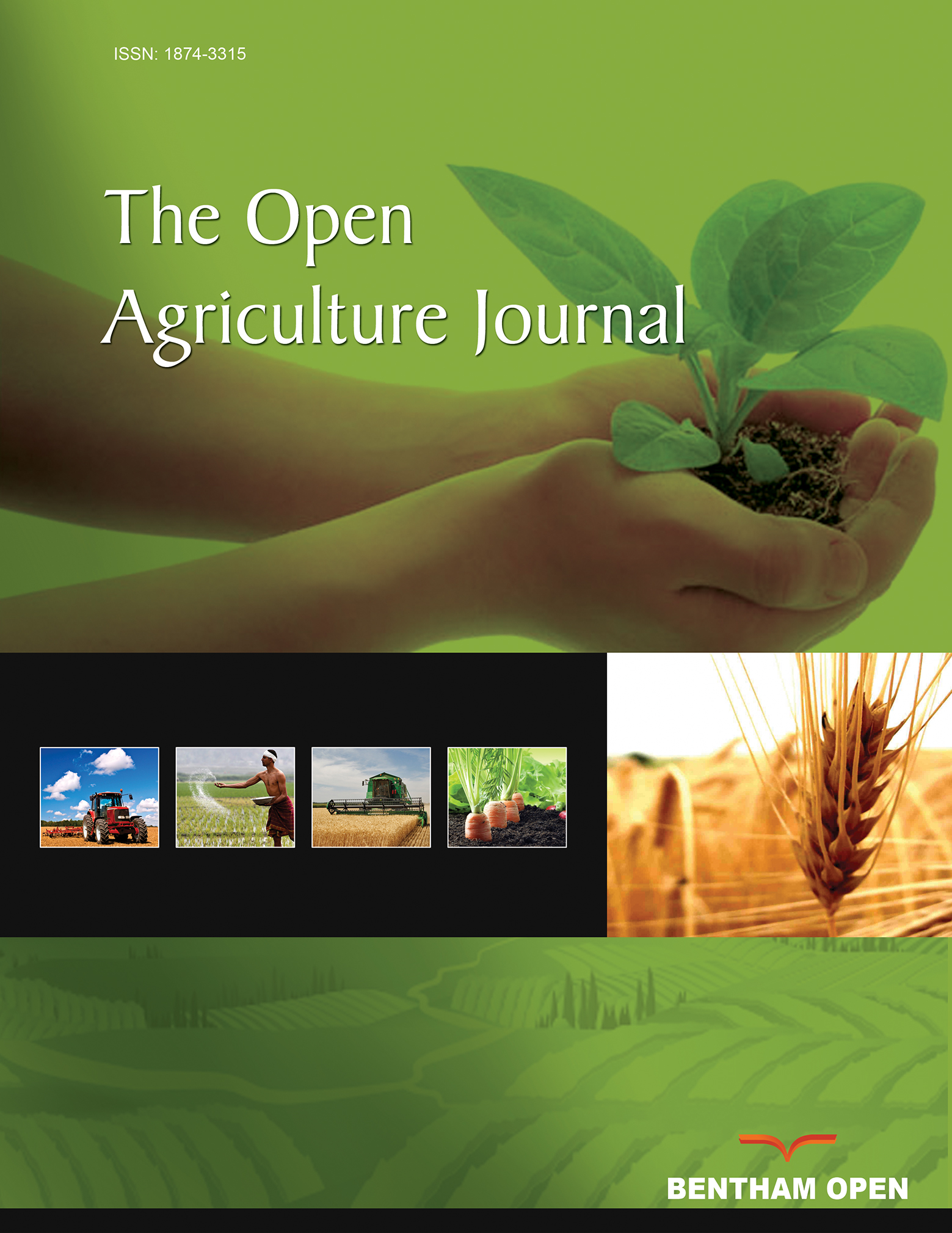All published articles of this journal are available on ScienceDirect.
Environmental and Agronomic Benefits of Aromatic and Medicinal Plant Strips for Rainfed Almond Orchards in Semiarid Slopes (SE, Spain)
Abstract
In the Mediterranean zone semi-natural vegetation and diverse mountain-cropping systems have been converted into monocultures with low tree densities, leaving the soil unprotected. Soil loss and runoff over a three-year period were monitored in hillside erosion plots (35% slope and 144 m2 in area) with almond (Prunus amygdalus) trees under three soil-management systems: no-tillage with sage (Salvia lavandulifolia L.) strips 3 m wide (NTSS); no-tillage with rosemary (Rosmarinus officinalis L.) strips (NTRS), and no-tillage with thyme (Thymus baeticus L.) strips (NTTS) in south-eastern Spain. Also, the nut yield from almond trees, and the biomass and essential oils from aromatic-shrub strips were measured. According to our findings, the NTTS, NTRS and NTSS reduced erosion with respect to the common local conventional tillage by 95, 94, and 77%, and the runoff by 85, 84, and 60%, respectively. In comparative terms among the plant strips, thyme and rosemary reduced soil loss by 78 and 73%, and runoff by 61 and 63%, respectively, with respect to sage. Significant differences (P<0.01) were found for both soil erosion and runoff values in sage and rosemary strips respect to thyme strip. The mean nut yield from NTSS, NTRS, and NTTS during the study period was 546.4, 658.8, and 829.6 kg ha-1, and the essential oil yield from sage, rosemary, and thyme was 5.0, 5.1, and 7.1 l ha-1, respectively. The nut yield from almond orchards without plant strips in the study zone is about 1,075 kg ha-1, therefore, the production was reduced by plant strips probably due to the water competition. However, the thyme strips controlled the erosion and agricultural runoff and thus had a beneficial effect on the environment as well as a less negative impact on almond yields. In addition, the essential oils from herbs can offset the loss of profits from almond trees for farmers. Thus, this paper highlights the beneficial impact of cultivated plant strips in hilly areas by the association the soil- and water-conservation measures with production in traditional almond orchards.


